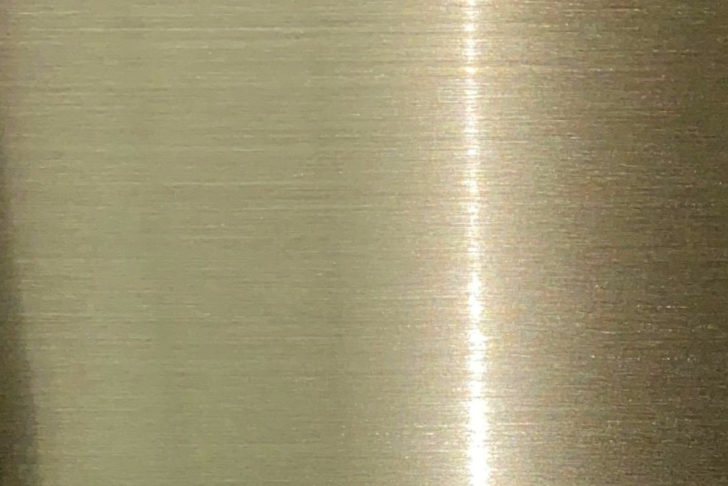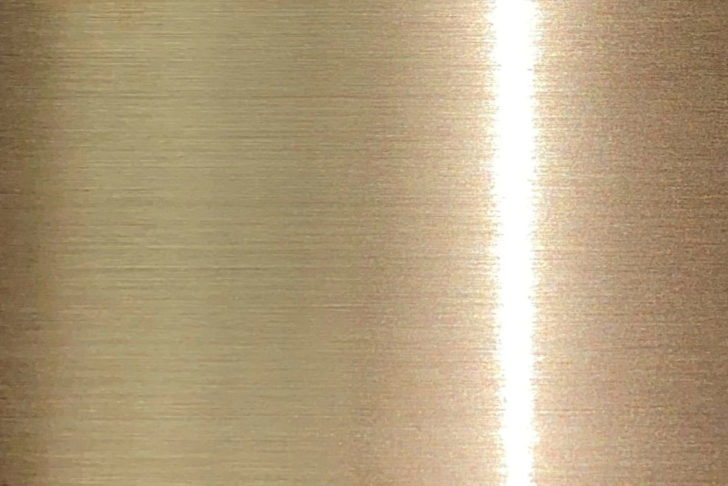
Brass
Muted yellow – similar to gold
Brass, bronze, and Muntz metal are all metallic alloys commonly used in the design community for entrances, revolving doors, and storefronts. All incorporate copper into their composition. Although very similar, these metals have specific features that you should consider when making a selection. The following information will compare some of the defining and unique characteristics of the three.
Naval Brass, Alpha Brass, Alpha-Beta Brass, Beta Brass, Gamma Brass, White Brass
Commercial Bronze, Silicon Bronze, Phosphor Bronze, Aluminum Bronze, Manganese Bronze, Bearing Bronze, Copper-Nickel
Admiralty Metal
Doorknobs, door handles, musical instruments, valves, gears, zippers, plumbing, electronics
Doors, sculptures, submerged bearings, boat fittings, clips, propellers, bells & cymbals
Architectural applications, decorative panels, trim work

Muted yellow – similar to gold

Reddish-brown

Reddish-yellow naturally -turning red-brown or gray-brown when weathered
Nominally composed of 60% copper, 40% zinc, and a trace of tin
Nominally composed of 90% copper and 10% zinc
60% copper, 40% zinc, and a trace of iron,
• higher malleability than bronze
• joining, plating, polishing, and finishing characteristics
• easily machined
• tough and durable
• resistant to corrosion
• resistant to metal fatigue
• resistant to corrosion
• less expensive than brass
• typically susceptible to corrosion (except naval brass)
• subject to stress cracking
• requires a good deal of maintenance
• generally softer and weaker
• more expensive
no known disadvantages